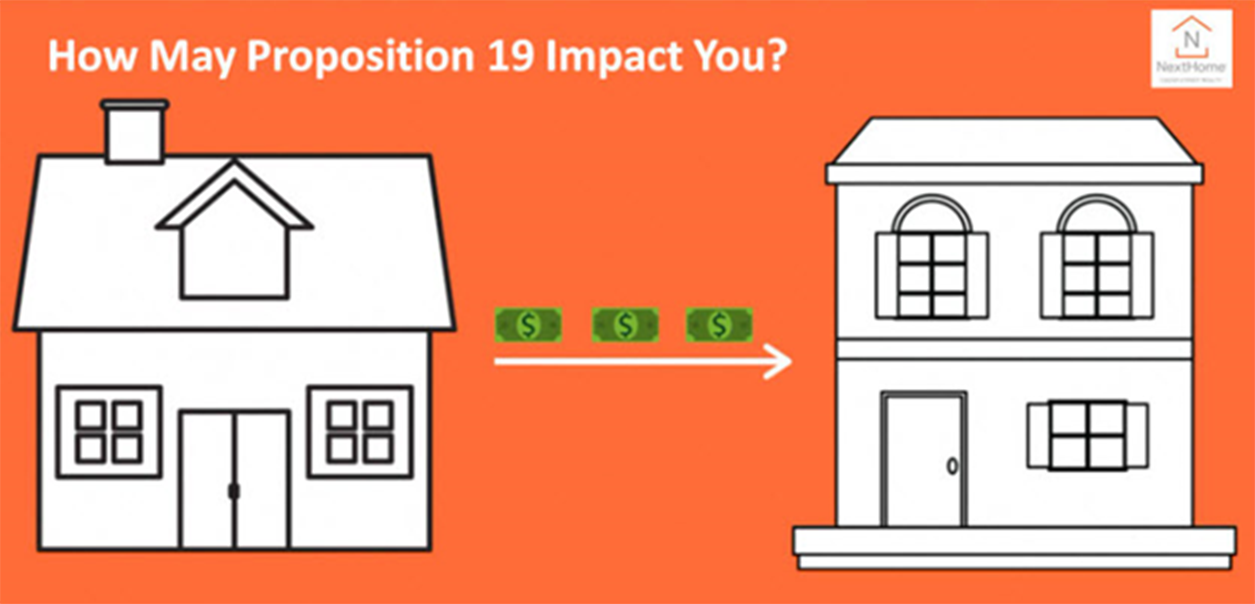Buying a home unmarried? What to know before signing the deed

There’s a growing number of unmarried couples buying homes together, and without proper planning the move may create future problems. Indeed, 9% of home buyers were unmarried in 2020, according to the National Association of Realtors. While younger millennials, ages 22 to 30 years old, represent 20% of unmarried purchasers, acquiring property as partners is a cross-generational trend. “It’s happening across the board, and everybody needs to be careful,” said Sheryl Dennis, estate planning attorney at law firm Fields and Dennis LLP in Wellesley, Massachusetts. That’s because co-buyers have fewer protections and may face legal issues if the relationship sours or one partner dies unexpectedly, experts say.
Applying for a mortgage
For most buyers, financing is the cornerstone of purchasing a home, and the process is more complicated for unmarried couples. “For anyone buying a home, the first step is always pre-approval,” said Melissa Cohn, regional vice president at William Raveis Mortgage in New York, explaining how the step prompts couples to discuss applying for a joint mortgage, property titling and other critical decisions. While combining high incomes, excellent credit and low debt may boost the chances of mortgage approval, a less creditworthy borrower can hurt the application, she said.
“Banks will always take the lower of the middle scores for the unmarried couple,” Cohn said. “So if one has a score below the optimal number required for the loan they are seeking, it could impact the rate and how much they can borrow.
Property title
Another big decision is how to title the property, which stipulates each partner’s legal rights and ownership, and determines what happens to the home if one partner dies. “The first question I ask is, ‘what happens when everything falls apart?’” said Matthew Erskine, a Worcester, Massachusetts-based estate-planning attorney at Erskine & Erskine. While sole ownership grants rights to one person, joint tenancy with rights of survivorship is equal ownership, automatically passing to the other owner when one partner dies. The third choice, tenancy in common, may be appealing when one partner contributes more because it represents an unequal interest in the property, Dennis said.
However, partners won’t inherit each other’s portion of the property by default, and they may need to specify preferences in a will to determine who receives their share. Other solutions for additional control may be putting the home into a trust or creating a business, such as a limited liability corporation, Erskine said. Of course, property laws vary by state, so it’s essential to speak with a local estate planning attorney before making a titling decision.
Property agreement
Regardless of the titling, experts also suggest a property agreement, outlining how much each partner paid for the down payment, home repairs and other expenses. The contract should also cover how to divvy the property in a break-up, including buy-out provisions, depending on what the couple wants, Dennis said. “It’s very much a business relationship,” Erskine added.
Plan for the ‘worst-case scenario’
As partners consider a joint home purchase, they may wonder if the decision is a good move, and the answer varies based on each situation. “It’s really up to the individuals and no one else,” said Douglas Boneparth, certified financial planner and president of Bone Fide Wealth in New York, explaining the choice may or may not make sense, depending on the couple’s goals. While buying property unmarried requires extra steps — such as planning for the “worst-case scenario” — partners need to weigh the pros and cons like any other financial decision, he said. “It’s perhaps a little bit more involved, but none of this is weird or odd or abnormal,” Boneparth said, and the trend may continue as couples’ stances on marriage evolve.
Article from Advisor Insight |CNBC. Written by Kate Dore, CFP published online November 5, 2021.






Office
2241 Douglas Boulevard, Suite 100
Roseville, CA 95661





